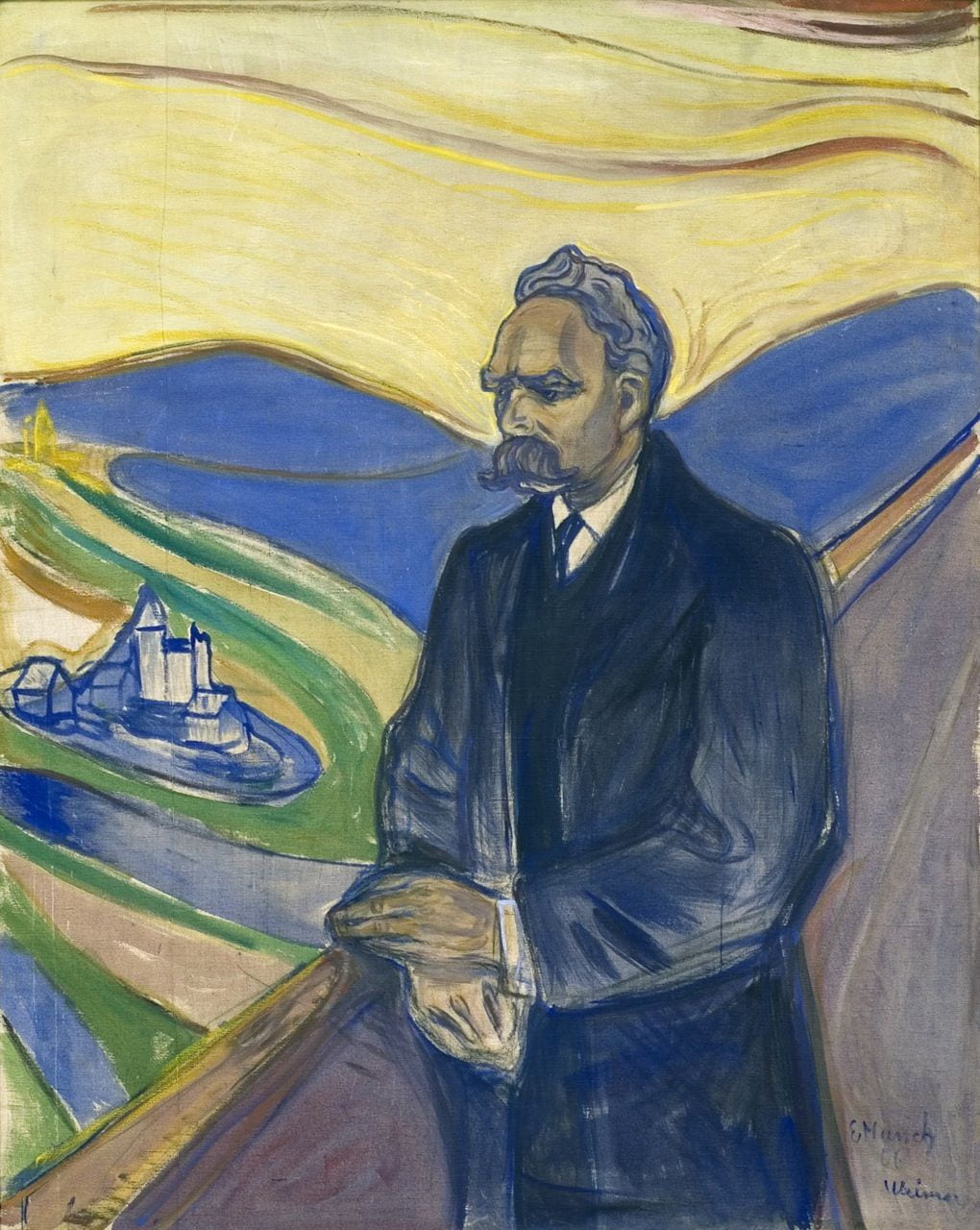
On Language and Listening to One Another: Dr Ross Barham on the Value of Philosophy
In 2018 Ross Barham completed his Philosophy PhD, investigating the relationship between human language and the way we understand the concept of objectivity. He chatted to Carley Tonoli about how it feels to be on the other side of the finish line.
I think philosophy is terrific as a discipline. To me, its primary objective is to get people to talk to one another, and to understand one another, and to help people understand themselves as a result.
I originally discovered philosophy in high school. I was a huge fan of heavy metal music and it quoted Nietzsche quite a bit, but I didn’t know who Nietzsche was, so I got my hands on a copy of Twilight of the Idols & The Antichrist – which sounded like his “toughest” books. But, Twilight of the Idols started with Socrates and Plato, and I didn’t know who they were, so I had to read Plato to understand Nietzsche, to understand the music I was listening to, and by that stage I was hooked.
I believe philosophy is about trying to promote wisdom; it’s not so much about trying to find answers, it’s about grappling with questions. I found Donald Davidson’s ideas in philosophy of mind and language very provocative; he has this problem of objectivity and I thought – that’s it, that’s the question I want to be asking and that is the question I want to answer. So, my thesis investigated the role that language plays in our possession of the concept of objectivity.
Most humans have the concept of objectivity – the idea that the world and truth exists independently of your thinking about it. I followed Donald Davidson’s suggestion that the explanation for how we come to have this concept must have something to do with language, but it turns out that most of Davidson’s arguments don’t work.
Instead, I turned to the empirical research of Michael Tomasello, who compares the abilities of chimpanzee and human infants. What he has discovered is that there’s a particular thing humans infants do that chimpanzees don’t – we offer information to one another altruistically without any direct benefit to ourselves; and, perhaps more importantly, that we’re able to make use of this information
I analysed the basic structure of inferences that are needed to explain this difference, then argued they mirror the same inferentialistic structures that human adults with language make when they want to say that they’re talking objectively about how things are independent of what we might believe about them.
Basically, I think I went some way to showing that we have language, and we have the concept of objectivity, mainly because we’re willing to talk and listen to each other on the presumption that other people might know things we don’t already know.

You really have personal relationships with the books that you read, and what I like about philosophy that is written well is that it really challenges the way that you think about things. I find that in all the canon of philosophers.
Literature really inspires me. In part, the way I approach philosophy is intuitive; I come across ideas in films, books, and in conversations and, for me, it is not just following a paper trail of journal articles. In fact, I ended up quoting a lot of sci-fi in my thesis.
For me, philosophy is a really personal matter; I am not in it merely to know someone else’s truth, but rather, to have my own experience and to develop as a person. The last few months of writing up my PhD were hellish, but it was so fulfilling to see it all come together and find my answer – the solution that I had been looking for, for a decade.
I was overcome with gratitude and relief when I received email from my supervisor and the examinations board saying that I had passed without revisions. My father died early on in the PhD, and so my first reaction to finding out that I had passed was overwhelming gratitude to him, and relief in knowing that I hadn’t let him down.
My advice to incoming graduate researchers, is to make sure you have a support network and a life outside of academia. Make sure you take care of your mental health; actually, you probably should get a counsellor in the last year.
Having to work full time and not being around the university much, I suffered terribly from imposter syndrome. Not feeling confident, or knowing if I was on the right track, or if what I was saying was valid, was really challenging for me. But now, looking back, I feel content with myself that I accomplished what I set out to accomplish.